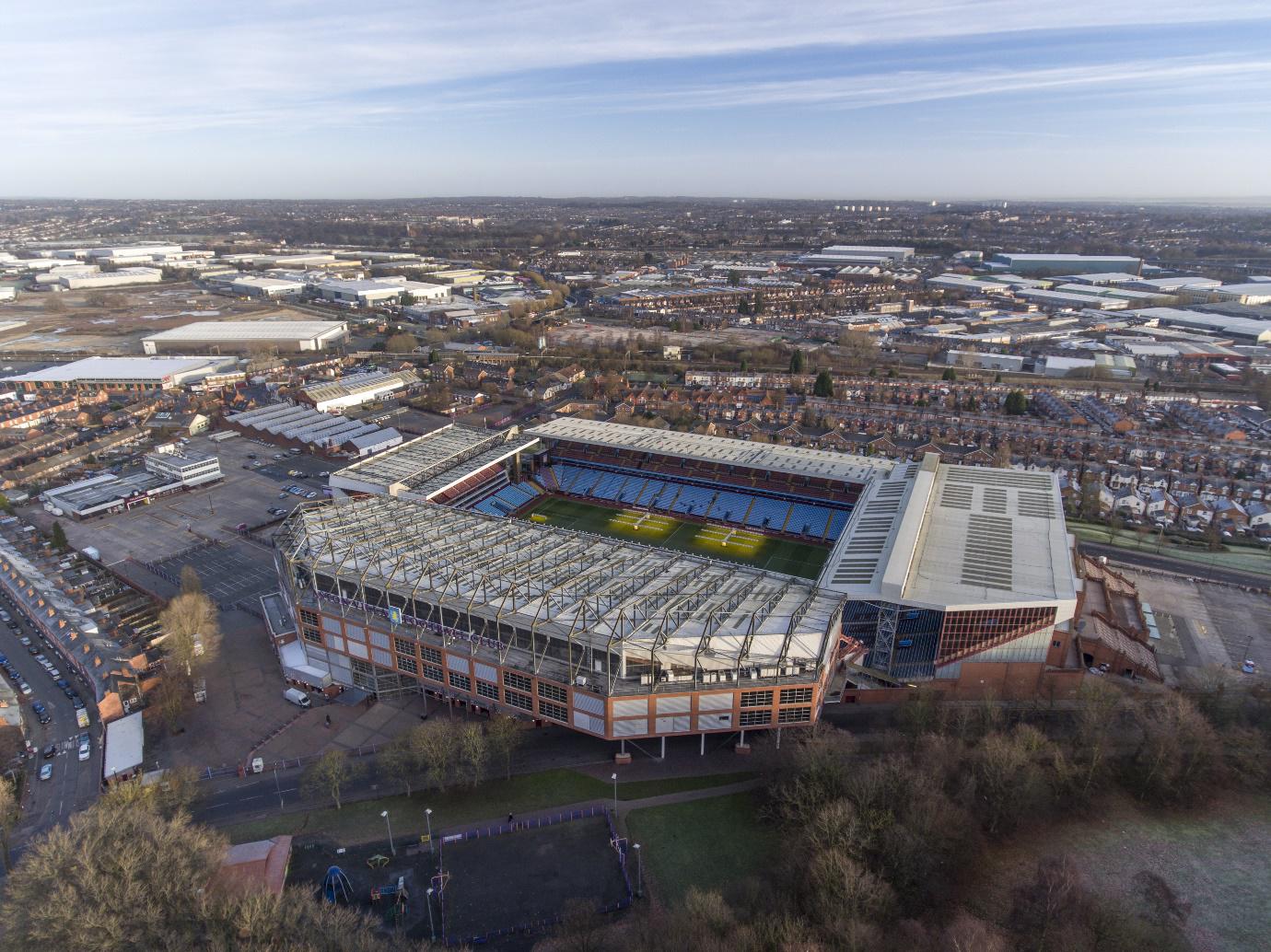
English teams may dominate the Champions League this season, with Tottenham Hotspur, Manchester City, Manchester United and Liverpool all vying for a place in the semi-finals, but it seems like an age since clubs in the West Midlands performed on the biggest stage in Europe. It also doesn’t seem likely that any of the four clubs will feature any time soon, with the best bet currently Wolverhampton Wanderers, who have largely over-performed in the Premier League this campaign. West Bromwich Albion and Aston Villa both currently occupy two of the four play-off places in the Championship and Birmingham City sit just a few places off the drop zone, having recently been docked nine points for breaking profitability and sustainability rules.
Think an English club will be victorious in this season’s Champions League? Both Liverpool and Manchester City are priced at 10/3 in Champions League final odds. However, let’s reminisce back into yesteryear, when Villa represented English football in European competition – and won.
European Cup success
It may have been over 30 years ago now, but Villa were victorious in what is now the Champions League. Back in the 1981-82 season, when it was known as the European Cup, it is the first and only time they have won the competition.
Having made it through the first round at ease, winning 7-0 on aggregate against Icelandic side Valur, the tie was effectively over after the first-leg. A double from Peter Withe and Terry Donovan, as well as a goal from Terry Morley capped off a resounding win at Villa Park. However, Villa weren’t done there in terms of goals, with Gary Shaw getting in on the spoils with his brace in Iceland.
The away goal rule worked in Villa’s favour in the second round as they progressed to the quarter-finals, after a 2-2 aggregate draw with Dynamo Berlin. Morley added to his seasonal tally with two goals in Germany: one five minutes in and the other, five minutes from time. Although Villa then went on to lose 1-0 at home, they scraped through.
From there, the Villains were resilient in defence and didn’t concede a single goal for the rest of the competition. They were victorious in the quarter finals, with a 2-0 aggregate win against Dynamo Kiev. A 1-0 win at home against Anderlecht in the semis saw them through to play Bayern Munich in the final.
Bayern had been fairly dominant thus far, and were scoring goals at will. Their path to the final saw them record aggregate wins of 6-0, 4-1, 3-1 and 7-4. Dieter Hoeneß finished top scorer with seven (with teammates Karl-Heinz Rummenigge and Paul Breitner close behind with six and five, respectively). The final was played at the Feijenoord Stadion, Rotterdam and it took just the one goal for Villa to be European champions. Although the game wasn’t without incident – Villa’s veteran keeper Jimmy Rimmer went off after nine minutes with a recurring shoulder injury, giving Nigel Spink his second first team appearance for the club; and Bayern saw the back of the net with only minutes remaining, but the French referee ruled it out for offside. Peter Withe’s goal was enough to write Villa’s name into the history books, as one of five English teams to win the European Cup.
As European champions, Villa were then invited to play in the European Cup, Super Cup and the Intercontinental Cup the following season. They beat Barcelona in the Super Cup but failed to beat Uruguayan Peñarol in the Intercontinental Cup. In the European Cup, they lost to eventual runners-up Juventus in the quarter-finals.
Europa League appearances
More recently, Aston Villa made it three successive campaigns in the Europa League, beginning in 2008-09 (when it was still the UEFA Cup), having finished sixth in the Premier League.
They had to make it through a qualifying round and the first round, before reaching the group stage. Villa faced a tricky group, with the likes of Hamburg and Ajax to play and they finished a respectable third, with two wins and two losses from their four games. However, they were knocked out at the Round of 32, losing to Russian side CSKA Moscow over the two legs. A bumper crowd of over 38,000 turned up at Villa Park in the first leg and John Carew’s second-half equaliser gave the Villains some hope going into the reverse fixture; but goals from Yuri Zhirkov and Vágner Love (who finished as that season’s top goal scorer) put the tie beyond them.
The following two seasons weren’t as successful, with Villa failing to make it past the play-off round at both attempts. Interestingly, both times the opponents were Austrian side, Rapid Wien and on both occasions, Villa were the seeded team. In 2009-10, the Villains lost the first leg 1-0 with Nikica Jelavić (who would go on to play in the Premier League) scoring the game’s only goal. Back at Villa Park, Vienna went through on away goals. Villa were two goals up after a James Milner penalty and John Carew netting – but Jelavić was on hand again to get a goal back for the visitors to send them through.
In 2010-11, Villa were able to get the all-important away goal and found themselves ahead in the first leg, through Barry Bannan, but Die Grün-Weißen equalised in the first half to set up a tasty second leg. There were goals galore at Villa Park, but unfortunately for the English side, they were on the losing end of a 2-3 goal fest, having been ahead twice.
